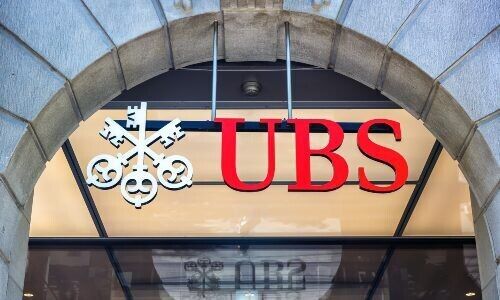UBS Quarterly Results: Key Points to Watch
UBS’s quarterly earnings report, due Wednesday, is expected to draw significant media attention. Key questions remain: How is the integration progressing? What’s the status of job cuts and cost savings? And most importantly, can the bank offset declining interest margins with tailwinds in other revenue streams?
At recent UBS press conferences since the Credit Suisse acquisition, journalists have focused heavily on integration and layoffs. Analysts, meanwhile, are closely monitoring progress in resolving legacy issues and hitting cost reduction targets.
The initial platform integration and migration of Credit Suisse clients to the UBS platform in recent weeks have sent positive signals. However, this progress is unlikely to impact costs in the current figures. «We expect notable cost structure improvements by mid-2025, as realizing these savings will take time,» wrote a ZKB analyst in a recent preview.
UBS has estimated integration costs at roughly $1.1 billion for Q3 and projected a modest slowdown in cost-cutting progress.
$7 Billion in Cost Savings by Year-End
Compared to the combined UBS and CS cost base as of end-2022, UBS has achieved gross annualized cost savings of $6 billion to date, aiming to reach $7 billion by year-end.
In its Non-Core and Legacy segment, UBS made strides in prior quarters, offloading non-core assets and divesting areas outside its core business. The impact of declining interest rates on UBS’s results will now be of particular interest.
In global wealth management, assets under management (AUM) likely increased thanks to favorable financial market performance. The extent to which client assets responded to interest rate changes will be reflected in net new money (NNA). ZKB forecasts AUM at $4.2 trillion and NNA at $24 billion.
Growth Expected in Investment Banking and GWM
Recent earnings from US, UK, and European banks showed encouraging figures, not due to an M&A recovery but rather an uptick in equity and bond issuances. UBS’s Investment Banking division cautioned that deal execution delays are anticipated due to persistent market uncertainty and the third quarter's typical seasonality, according to analysts. A lower adjusted pre-tax profit is anticipated in this segment.
Headcount Likely to Continue Slow Decline
Public interest will again focus on UBS’s workforce developments. At the end of Q3, UBS had 109,991 full-time equivalent employees—about 2,850 fewer than at the end of 2023.
UBS shares closed at 28.06 Swiss francs ($32.35) on Monday, a slight dip from the mid-October high of 28.78 francs. Year-to-date, the stock has gained 7.5 percent, with the low point at 22.53 francs marked on August 5.


























